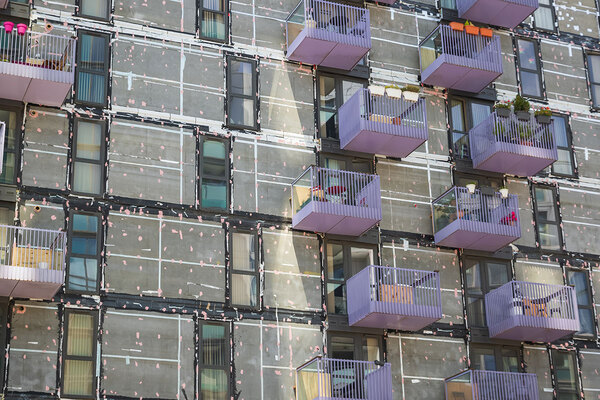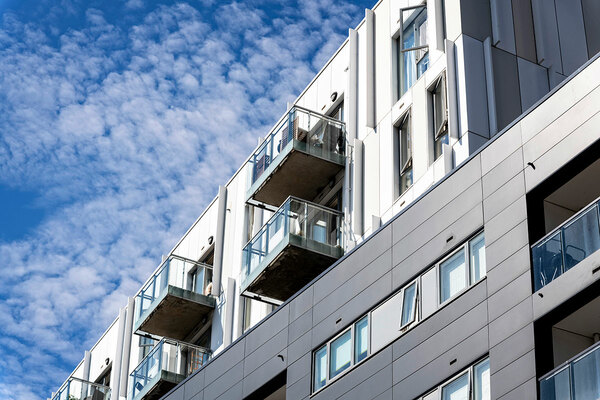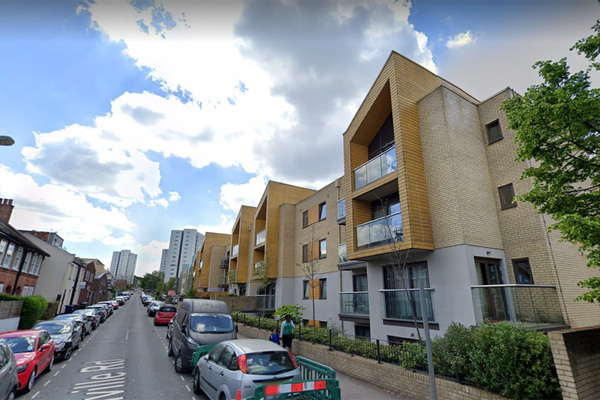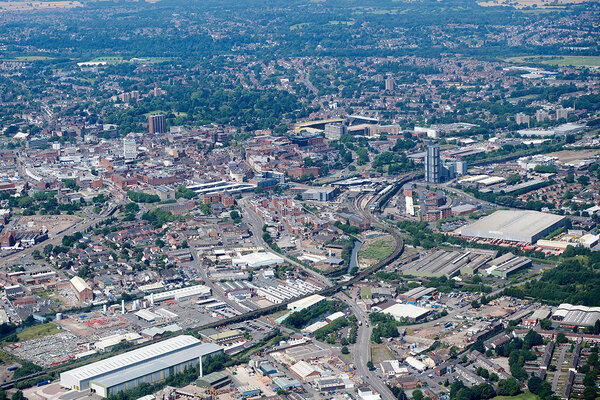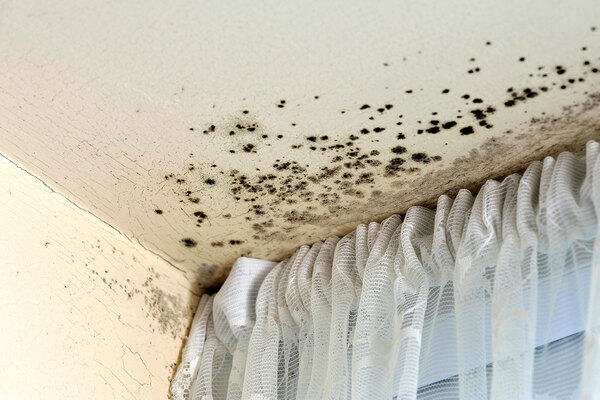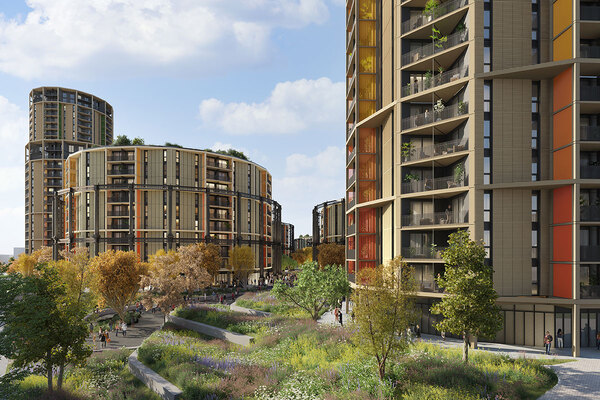Welsh government urgently seeking clarification over cladding announcement
The Welsh government has criticised UK ministers for failing to “meaningfully” engage with it prior to yesterday’s announcement of a raft of measures to protect leaseholders from the cost of dangerous cladding removal.
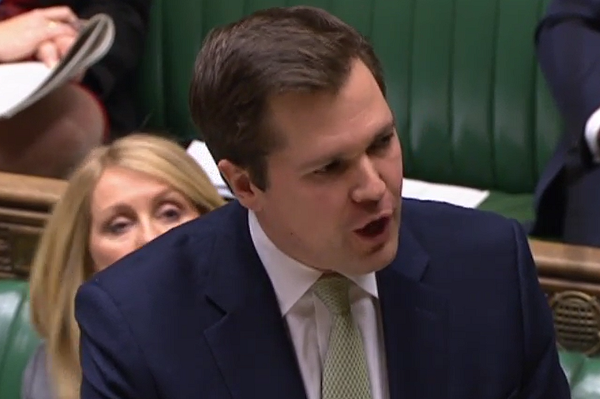
Welsh housing minister Julie James has written to the UK housing secretary Robert Jenrick to urgently seek clarification on a number of aspects of yesterday’s announcement.
She said: “I would have expected that an announcement of this significance on a topic of shared interest, where there are elements of joint work and some matters are not devolved, would have been subject to a meaningful level of prior engagement between our governments or at least between officials. It is disappointing that this was not the case.”
Yesterday, housing secretary Robert Jenrick announced an additional £3.5bn in grant funding to pay for the replacement of dangerous cladding on buildings over 18m.
A loan scheme for those living in buildings under 18m was also announced, alongside plans to tax developers to help contribute to the costs.
Ms James has asked the UK government to “urgently” provide details of the level and timing of consequential budget allocation to the Welsh government following yesterday’s announcement.
She also urged the government to engage with her officials over the proposed tax on house builders, a policy which said she is “very supportive” of.
Two different schemes have been proposed by the UK government to recoup cladding removal costs from developers: a levy on applications to build high rises and a wider tax on the development industry that is expected to raise £200m per year from 2022.
Ms James has asked the UK government to confirm that the levy on high rises “will be able to be commenced in Wales by Welsh ministers”.
She added: “I think it is important our officials work together to understand your proposals with regards to the finance scheme for cladding on buildings that are 11-18m and how we might apply similar principles in Wales, particularly where they seek to protect leaseholders from the financial impacts.”
Under the UK government’s new loan scheme, owners of buildings under 18m with cladding issues will be offered long-term, low-interest loans that will be repaid by leaseholders at a rate of no higher than £50 per month.
The loan scheme has been criticised by campaign groups which said the loans are “not even enough to cover the cost of making buildings that the government consider most high risk safe”.
In October, the Welsh government said it was “actively exploring options” to protect leaseholders from building safety remediation costs, however Ms James has also said that she does not want to place the burden on paying for remediation costs on the taxpayer.
In January, the Welsh government published its Building Safety Regime White Paper, which they claimed would give Wales the most comprehensive building safety regime in the UK.
A Ministry for Housing, Communities and Local Government spokesperson said: “Housing and building safety are devolved matters. We continue to work closely with the devolved administrations on building safety, including the removal of dangerous cladding from high-rise buildings.
“Our 5-point, multi-billion-pound investment plan will protect hundreds of thousands of leaseholders in England from the unaffordable costs of replacing unsafe cladding on their homes.
“Wales will receive additional funding through the Barnett formula and further details will be set out in due course.”
Sign up for our fire safety newsletter
Already have an account? Click here to manage your newsletters
Sign up for our Retrofit Challenge Virtual Summit
If topics such as those mentioned in the above article are of interest to you, register for our Retrofit Challenge Virtual Summit here.
